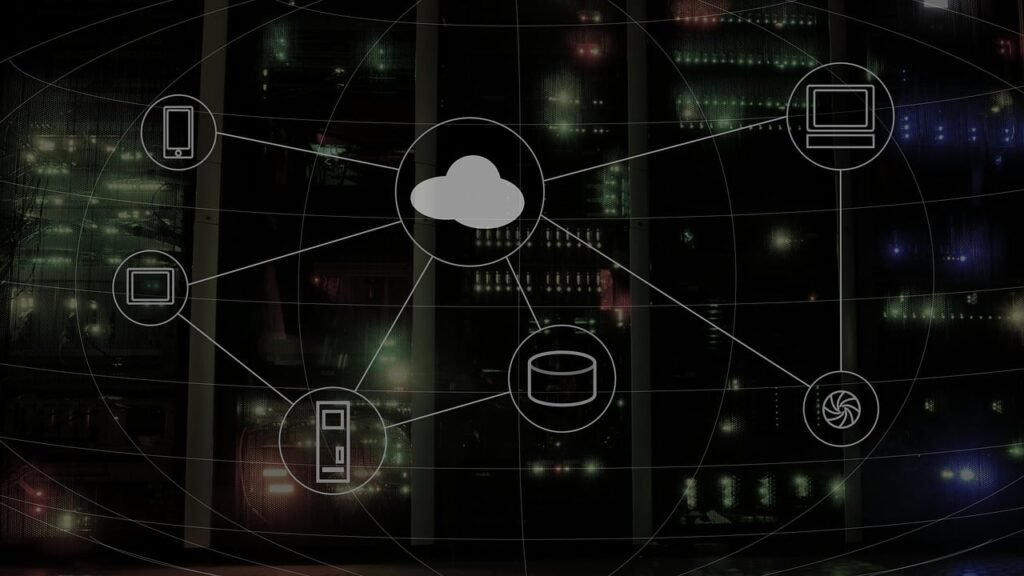Introduction
In this digitally-driven era, cloud computing has emerged as a revolutionary concept that has transformed the landscape of technology and business operations. With its vast capabilities and flexible infrastructure, cloud computing has become an integral part of various industries, offering numerous advantages to organizations and individuals alike. This article aims to delve into the world of cloud computing, explain its fundamental concepts, and explore its myriad benefits.
Understanding Cloud Computing:
Cloud computing refers to delivering computing services over the Internet, providing on-demand access to a shared pool of configurable computing resources. These resources include servers, storage, databases, software, and other IT infrastructure components. Users can access and utilize these resources as per their requirements, without the need for local infrastructure or technical expertise.
Advantages of Cloud Computing
- Scalability and Flexibility: Cloud computing offers unparalleled scalability and flexibility, allowing businesses to scale their resources up or down based on demand. Whether it’s increasing storage capacity or expanding computational power, cloud services can quickly adapt to fluctuating needs, ensuring optimal performance and cost efficiency.
- Cost Savings: Embracing cloud computing can lead to significant cost savings for organizations. Instead of investing in expensive hardware and infrastructure, cloud services operate on a pay-as-you-go model, where users only pay for the resources they consume. This eliminates upfront capital expenditures and enables businesses to allocate their financial resources more efficiently.
- Enhanced Collaboration and Accessibility: Cloud computing enables seamless collaboration among team members, regardless of their physical location. Shared storage and real-time document editing features empower teams to collaborate efficiently, boosting productivity and fostering innovation. Additionally, cloud-based applications and data can be accessed from anywhere with an internet connection, providing unprecedented accessibility and convenience.
- Increased Reliability and Disaster Recovery: Cloud service providers implement robust backup and disaster recovery mechanisms, ensuring data integrity and minimizing downtime. By leveraging redundant infrastructure and automated backup processes, cloud computing offers high availability and reliability. In the event of hardware failures or natural disasters, data can be easily restored, minimizing the impact on business operations.
- Simplified IT Management: Cloud computing alleviates the burden of IT management tasks, allowing businesses to focus on their core competencies. Service providers handle maintenance, updates, and security patches, ensuring that systems are up-to-date and secure. This allows organizations to streamline their IT operations, reduce staffing requirements, and allocate resources more strategically.
Is Cloud Computing Secure?

Security is a paramount concern when it comes to cloud computing. However, cloud service providers invest heavily in robust security measures to protect data and systems from unauthorized access and breaches. Here are some essential security considerations in cloud computing:
- Data Encryption: Cloud providers employ encryption techniques to safeguard data both in transit and at rest. Encryption ensures that even if data is intercepted, it remains unintelligible to unauthorized individuals.
- Access Controls and Authentication: Cloud platforms offer robust access controls and multi-factor authentication mechanisms. These measures ensure that only authorized individuals can access and modify sensitive data and resources.
- Redundancy and Disaster Recovery: Cloud providers implement redundant infrastructure and disaster recovery mechanisms to protect against data loss and service disruptions. Regular backups and geographically distributed data centers contribute to enhanced data resilience.
- Compliance and Certifications: Reputable cloud providers adhere to industry-specific regulations and standards, such as GDPR (General Data Protection Regulation) and ISO 27001. Compliance certifications provide assurance that data is handled in a secure and compliant manner.
- Continuous Monitoring and Auditing: Cloud platforms employ robust monitoring and auditing tools to detect and respond to security incidents promptly. Continuous monitoring helps identify vulnerabilities and potential threats, allowing for proactive security measures.
Conclusion
Cloud computing has revolutionized the way businesses operate, offering scalability, cost savings, accessibility, and simplified IT management. Despite initial concerns, cloud computing has become increasingly secure, with robust measures to protect data and systems. Embracing cloud services can empower organizations to enhance productivity, agility, and competitiveness in today’s dynamic digital landscape. As technology continues to advance, cloud computing will undoubtedly play a pivotal role in shaping the future of business and innovation.
In the rapidly evolving technological landscape, Techsol Space stands out as a leading cloud computing development company. With a team of highly skilled professionals and a commitment to innovation, Techsol Space is at the forefront of shaping the post-cloud era. Their expertise and dedication make them the ideal partner for organizations seeking to leverage the full potential of cloud computing.

